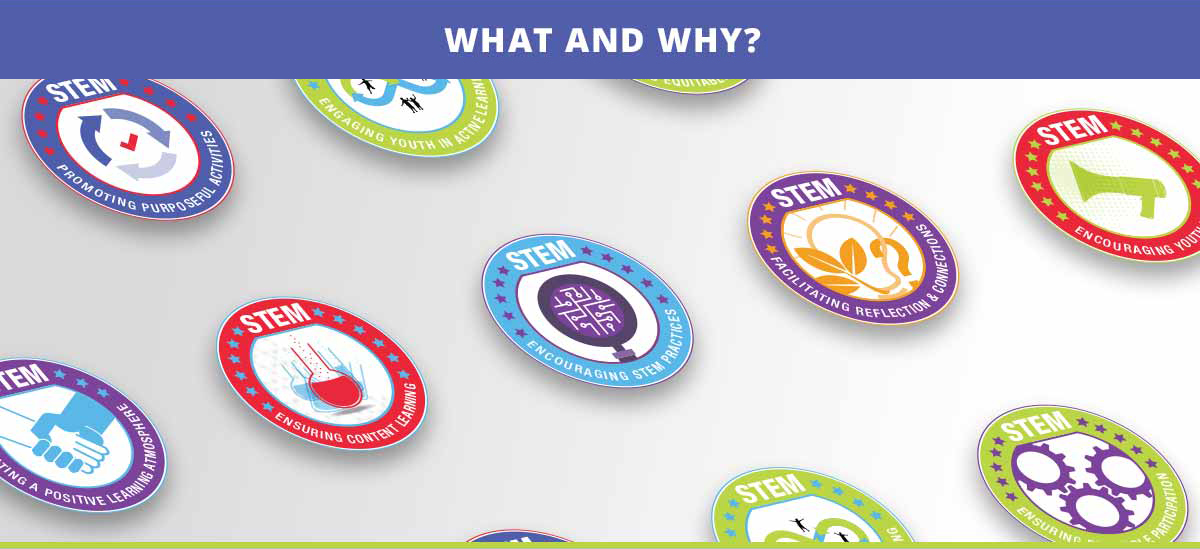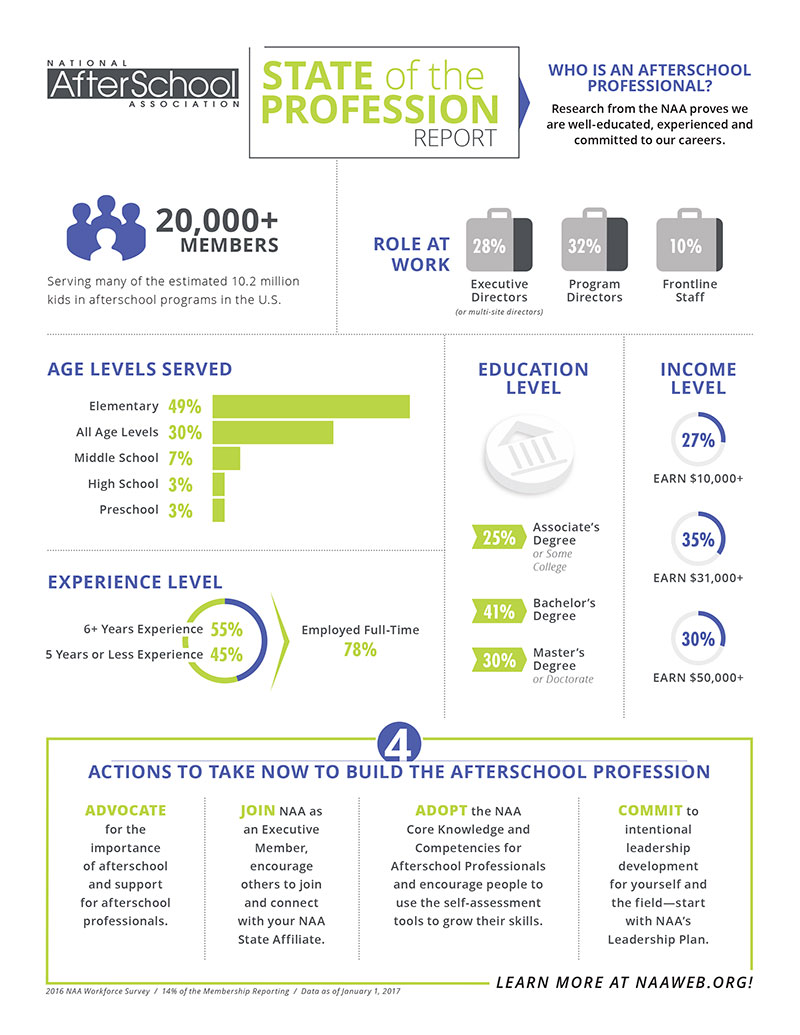AfterSchool of Thought
Welcome to the "AfterSchool of Thought," a blog series for those with products and offerings for afterschool programs and the professionals who work in the field.
Children categories

STEM Gems (1)
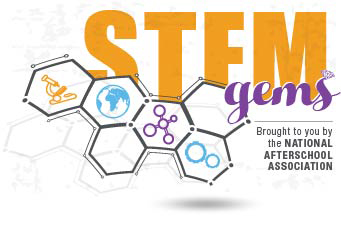
STEM Gems are short discovery-based experiences. They involve little or no materials and may be easily implemented by educators who are not STEM specialists. Each STEM Gem is designed to engage young people in active experiential learning. The activities begin by setting up connections to prior knowledge, then a hands on activity provides new concepts and the opportunity to design experiments to answer any questions the kids discover. Finally, a connection to a different scenario for the concept is provided to help cement and evaluate the learning.
STEM Gems are experiences designed to be used with kids of all ages. Younger children should be focused on one idea or concept and should perform the activity as a collective group with prompts and directions from the teacher. With older youth, the teacher should act as a facilitator. The older youth should be set up to work independently in small teams and encouraged to ask questions and try out their own experiments to answer them. Each team should report back on their findings, so a consensus around the concept is reached.
Each STEM Gem is presented in an easy to follow lesson plan:
Big Ideas and Science Talk
Central concepts and key words to give the adult the science background for the experience.
Engage
Open ended questions to stimulate discussion and generate connections to prior knowledge.
What You Will Need
A list of the materials.
Before You Begin
The preparation needed for the activity.
Explore and Experiment
The directions for the experience designed using open ended questions that focus the children on discovering answers.
Make the Connection and Extend and Evaluate
Connections to other scenarios that use the same concepts and related question(s) or additional activity to evaluate knowledge.
STEM Gems are available to members only. Login to access STEM Gems.
View items...
NAA Videos
Gina Warner, NAA President & CEO, welcomes NAA19 participants
“I Believe” presented by NAA’s 2019 Next Generation of Afterschool Leaders
Rally for Afterschool at NAA19
NAA19 Keynote Speaker: Jaime Casap
NAA19 Keynote: Melody Herzfeld
Ron DeChristoforo
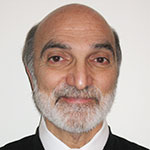 Ron DeChristoforo is the State Policy Director for Texas Instruments (TI), Education Technology Group. In this role, he works directly with national, state, regional and district education and leadership organizations. He also leads TI advocacy for initiatives to support teacher development, improve student performance and advance access to opportunities for success in school and careers. Most recently, he managed the TI project, “STEM4: The Power of Collaboration for Change,” a published roadmap for STEM implementation jointly authored by national education leaders representing each of the STEM disciplines: AdvanceCTE, Association of State Supervisors of Math (ASSM), Council of State Science Supervisors (CSSS), and the International Technology & Engineering Educators Association (ITEEA), with guidance from the Council of Chief State School Officers (CCSSO).
Ron DeChristoforo is the State Policy Director for Texas Instruments (TI), Education Technology Group. In this role, he works directly with national, state, regional and district education and leadership organizations. He also leads TI advocacy for initiatives to support teacher development, improve student performance and advance access to opportunities for success in school and careers. Most recently, he managed the TI project, “STEM4: The Power of Collaboration for Change,” a published roadmap for STEM implementation jointly authored by national education leaders representing each of the STEM disciplines: AdvanceCTE, Association of State Supervisors of Math (ASSM), Council of State Science Supervisors (CSSS), and the International Technology & Engineering Educators Association (ITEEA), with guidance from the Council of Chief State School Officers (CCSSO).
He also represents Texas Instruments on the board of “Expanding Your Horizons: National Girls Collaborative Project (NGCP)” and on the “Blue Ribbon Corporate Advisory Group” for the Council of the Great City Schools.
Ron has spent most of his career in education and technology: teaching college English, working in marketing and research for major publishers, and then, when the first computers were introduced into classrooms, he invested the rest of his career in education technology supporting remarkable tools and educators driving constant innovations in instruction.
Ron holds degrees from Temple University and Columbia University.
STEM Facilitation Micro-Credentials
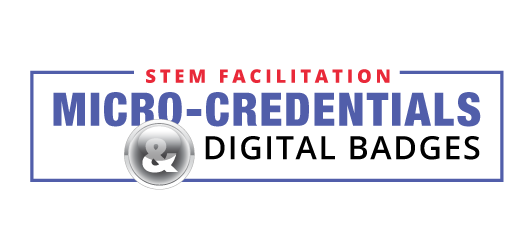
Ready to be recognized for your STEM facilitation skills or to encourage your staff to develop and share their skills? Then you are ready for NAA’s STEM Facilitation micro-credentials! These micro-credentials, aligned to NAA’s Core Knowledge and Competencies and the PEAR Institutes Dimensions of Success (DoS) Framework, recognize facilitators who use practices that result in the high-quality STEM programs that produce positive youth outcomes.
What STEM Facilitation Micro-Credentials are Available?
NAA's STEM Facilitation micro-credential stack includes 10 micro-credential badges. A facilitator earning all 10 micro-credentials will be eligible for a Comprehensive STEM Facilitation Digital Credential.
Get Started
Register online at the Digital Promise Micro-Credential Marketplace. Review elements of each micro-credential - Overview, Details, Research & Resources, and the Submission & Evaluation Process. Decide which one(s) you are interested in pursuing. If you determine professional development is necessary to build your skills then participate in PD from the provider of your choice (note: Many NAA Affiliates provide PD that builds skills and prepares individuals for micro-credential applications. Some PD providers are also listed within the system in the resource section of the micro-credential). Once skills are developed, apply and submit evidence through the NAAPCS.
Share information about NAA's Micro Credentials with teams and colleagues.
Partners
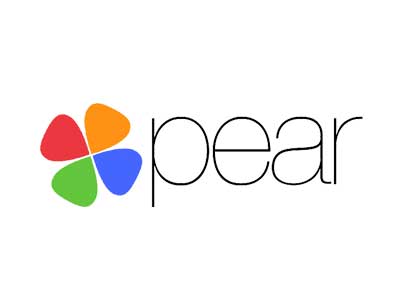 |
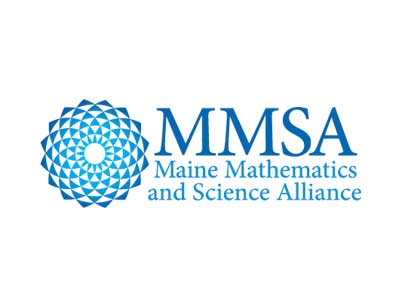 |
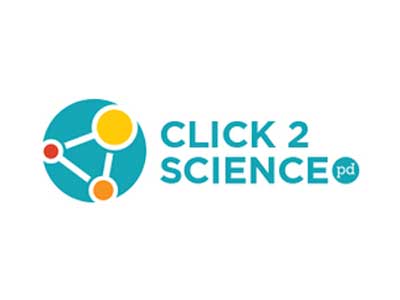 |
Are you or your staff interested in earning Micro-Credentials?

General Overview for Prospective Applicants
NAA Professional Credentialing System Applicant Walk-Through
NAAPCS Introduction and Applicant Preparation Video Tutorial

Professional Level Micro-Credentials
STEM
The NAAPCS STEM credentialing system includes 10 micro-credential badges. A facilitator earning all 10 micro-credentials will be eligible for a Comprehensive STEM Facilitation Digital Credential.
CLICK HERE FOR STEM CREDENTIALS
Digital Learning
Coming Soon
Healthy Eating and Physical Activity
Coming Soon
Literacy
Coming Soon
Social Emotional Learning
Coming Soon
Youth Development
Coming Soon

Leader Level Credentials
Leading with Emotional Intelligence
Coming Soon
Training
Coming Soon
Are You Interested In Being a PD Provider for the NAAPCS?

VIDEO TUTORIAL FOR PD PROVIDERS
Our Approach
To better meet the needs of our increasingly diverse populations of young people and afterschool professionals, NAA is encouraging professional development that focuses on building skills rather than seat-time. The NAA Professional Credentialing System (NAAPCS) is a competency-based system that enables individuals to demonstrate their learning by providing evidence and be recognized for the core skills that research shows matter.
The shift from seat time to competency-based professional learning allows individuals and organizations to focus on the discovery and application of new learning - building competencies - and not simply time spent. When individuals participate in your professional development, work with you to develop their skills, and are recognized through related micro-credentials, you know and can show the value of PD!
An Open Market
NAA acknowledges the breadth of PD available to professionals and the strength of organizations and individuals that provide professional development within the afterschool field. With that in mind, the NAAPCS design allows for multiple professional development providers to create and offer training supporting development of the research-based competencies recognized by the system. NAAPCS professional development is an open-market. Organizations and individuals can provide PD (or train trainers to provide PD) with content designed to support individuals or groups in applying for and achieving credentials through the system. The open-market encourages PD providers to leverage their strengths and to utilize delivery and pricing models that meet the unique needs of their market and organizational niches.
Back-to-School Buying Guide 2019
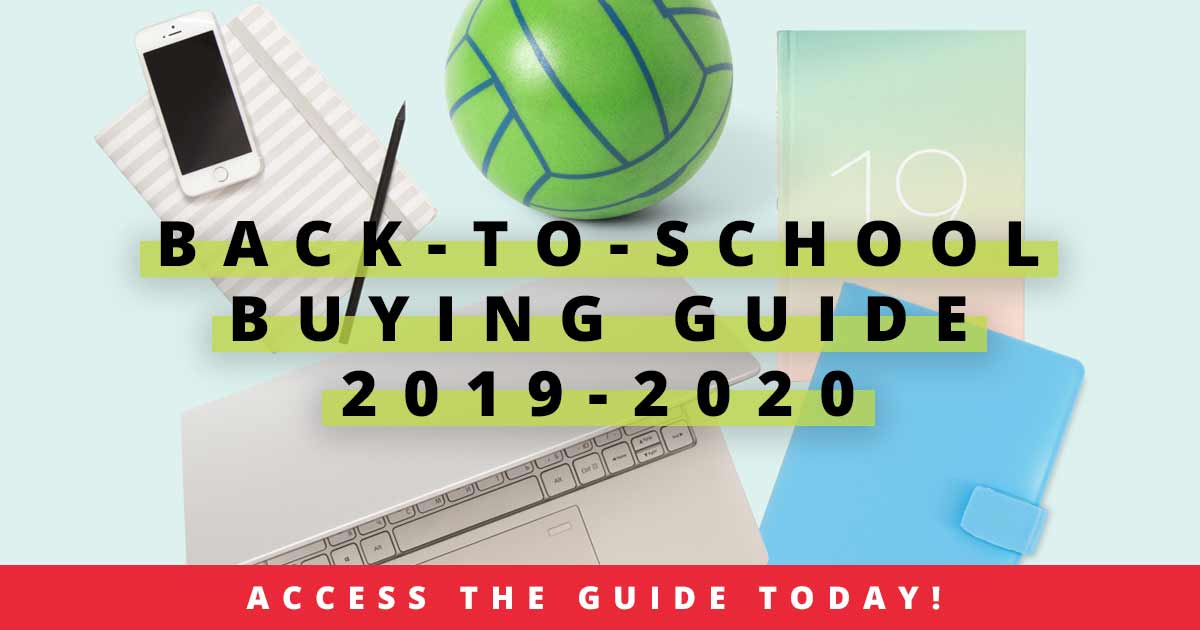
Summer is a popular time for back-to-school planning. From professional development and curriculum planning, to supply purchasing and equipment upgrades—there are lots of options and much to consider.
In an effort to make it easier for you, we’ve created a Back-to-School Buying Guide—filled with special offers, discounts and FREE resources from NAA's Advocate members and partners!
Inside you’ll find them organized by category including:
- Active Play / Hands-On Learning
- SEL
- Healthy Eating / Physical Activity
- Literacy
- Online Learning
- Professional Development
- Data Collection / Registration
- Program Administration
- STEM / 4Cs
We hope it proves helpful in making 2019-2020 your best school year ever!
Not yet a member of NAA? Join here!
Laura Kreutzer
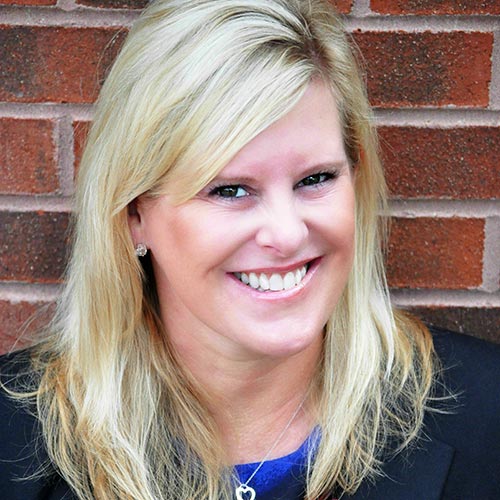 Laura Kreutzer is the Corporate Director, Youth Programs for Cedar Fair Entertainment Company, one of the largest regional amusement park operators in the world. Focused on its mission to make people happy by providing fun, immersive and memorable experiences, the company owns and operates 11 amusement parks along with two outdoor water parks, one indoor water park and four hotels. Since 2012, Laura has been exclusively focused on creating awareness and expanding the student/youth programming throughout the Cedar Fair park portfolio to create unique and memorable experiences with an emphasis on “Edutainment”. She has 20+ years of experience in the theme park industry working for industry leaders such as Universal Parks and Resorts and The Walt Disney Company, and has spent the last 5 years as a board member for the Student Youth Travel Association. Laura graduated with a Bachelor of Arts degree in Communications and a Minor in Early Childhood Education from Arizona State University.
Laura Kreutzer is the Corporate Director, Youth Programs for Cedar Fair Entertainment Company, one of the largest regional amusement park operators in the world. Focused on its mission to make people happy by providing fun, immersive and memorable experiences, the company owns and operates 11 amusement parks along with two outdoor water parks, one indoor water park and four hotels. Since 2012, Laura has been exclusively focused on creating awareness and expanding the student/youth programming throughout the Cedar Fair park portfolio to create unique and memorable experiences with an emphasis on “Edutainment”. She has 20+ years of experience in the theme park industry working for industry leaders such as Universal Parks and Resorts and The Walt Disney Company, and has spent the last 5 years as a board member for the Student Youth Travel Association. Laura graduated with a Bachelor of Arts degree in Communications and a Minor in Early Childhood Education from Arizona State University.
National AfterSchool Association Professional Credentialing System

Earn Micro Credentials>> Become a Credentialing System PD Provider>>
Skilled staff are key to the afterschool program quality that produces positive youth outcomes. NAA’s Professional Credentialing System (NAAPCS) recognizes individuals for competencies that contribute to the development of high-quality programs for young people.
To better meet the needs of our increasingly diverse populations of young people and afterschool professionals, NAA is encouraging professional development and learning that focuses on competency rather than seat-time. The NAAPCS is a competency-based system that enables individuals to personalize and demonstrate their learning through evidence. The shift from seat time to competency-based professional learning allows individuals and organizations to focus on the discovery and application of new learning - building the competencies that we know matter - and not simply time spent.
The NAAPCS, provided through the Digital Promise Credentialing Ecosystem, is designed for a broad audience of professionals and leaders with varied interests and competence levels.
Micro-Credential and Credential Awards
A micro-credential is a short, competency-based recognition that allows an individual to demonstrate mastery in a particular area. Some micro-credentials may be stacked into full credentials. Micro-credentials are represented by digital badges, shareable visual representations of the achievement, which may be displayed to show specific competency in digital resumes, on social media platforms, in email signatures and in other creative ways.
Micro-Credential Digital Badges for Identified Key Competencies
Key competencies include overall youth development, leadership, and facilitation specializations such as training, STEM, Literacy, Digital Learning, Social Emotional Learning, Healthy Eating and Physical Activity, and other out-of-school time topic areas. All micro-credential digital badges are aligned with NAA’s Core Knowledge and Competencies for Afterschool and Youth Development Professionals and other research-based frameworks.
A Path of Professional Development
Interested individuals review elements of each micro-credential - Overview, Details, Research and Resources, and the Submission and Evaluation Process. If an individuals who determine professional development is necessary to build their skills participate in PD from a provider of their choice. (note: Many NAA Affiliates provide PD that builds skills and prepare individuals for micro-credential applications. Some PD providers are also listed within the system in the resource section of the micro-credential.)
Recognition
Once skills are developed, individuals apply for the related micro-credential digital badges and submit evidence through the NAAPCS. Trained assessors review evidence using clear rubrics from the CKCs or related research-based assessments.
ARE YOU OR YOUR STAFF INTERESTED IN EARNING MICRO-CREDENTIALS?
INTERESTED IN BEING A PD PROVIDER FOR THE NAAPCS?
Application fees are waived for the first 50 applicants!
INTERESTED IN BEING AN NAA PROFESSIONAL CREDENTIAL ASSESSOR?
State of the Profession Report
Code of Ethics
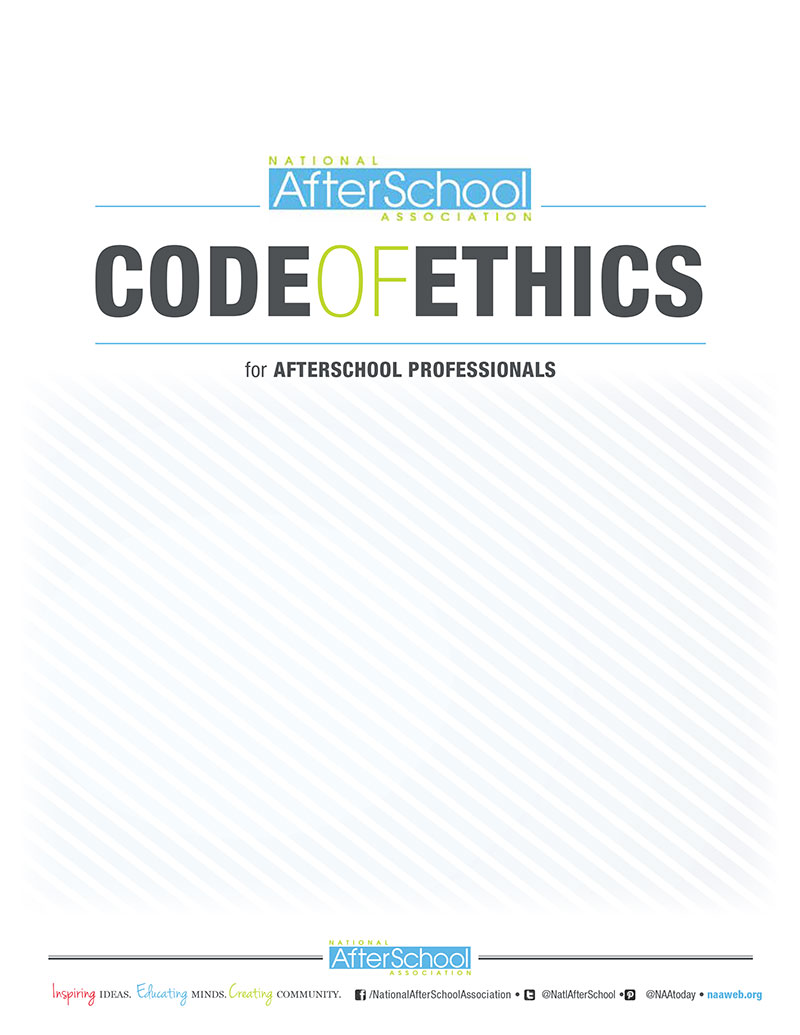 The purpose of the NAA Code of Ethics is to raise awareness of our personal commitment to ethical conduct as we carry out our professional responsibilities, conforming to accepted professional standards of conduct. Our Code of Ethics adheres to the highest standards of integrity and honesty in all public and personal activities to inspire public confidence and trust in the afterschool profession.
The purpose of the NAA Code of Ethics is to raise awareness of our personal commitment to ethical conduct as we carry out our professional responsibilities, conforming to accepted professional standards of conduct. Our Code of Ethics adheres to the highest standards of integrity and honesty in all public and personal activities to inspire public confidence and trust in the afterschool profession.
National AfterSchool Association • 2961A Hunter Mill Road, #626 • Oakton, VA 22124 • info@naaweb.org

